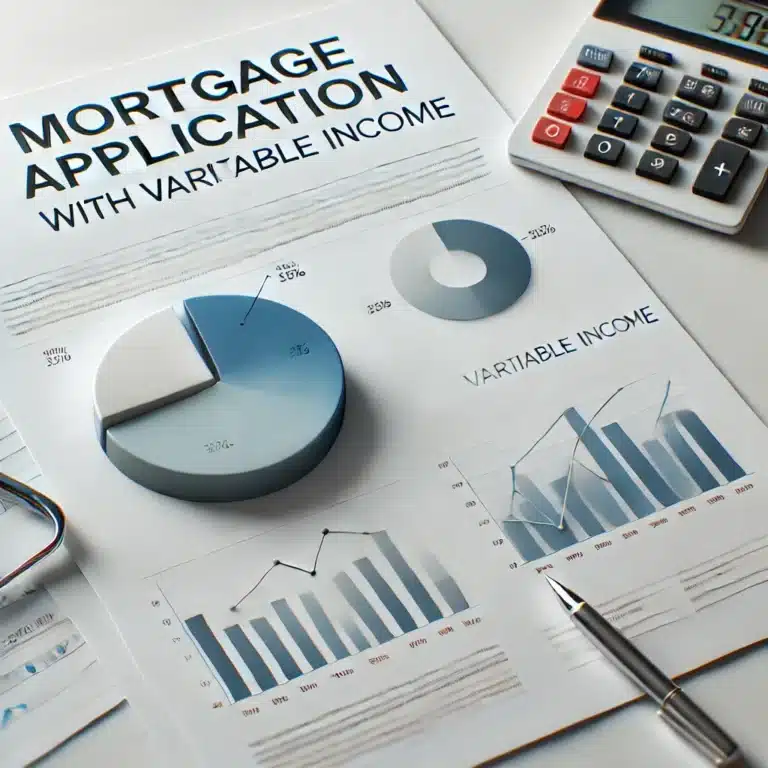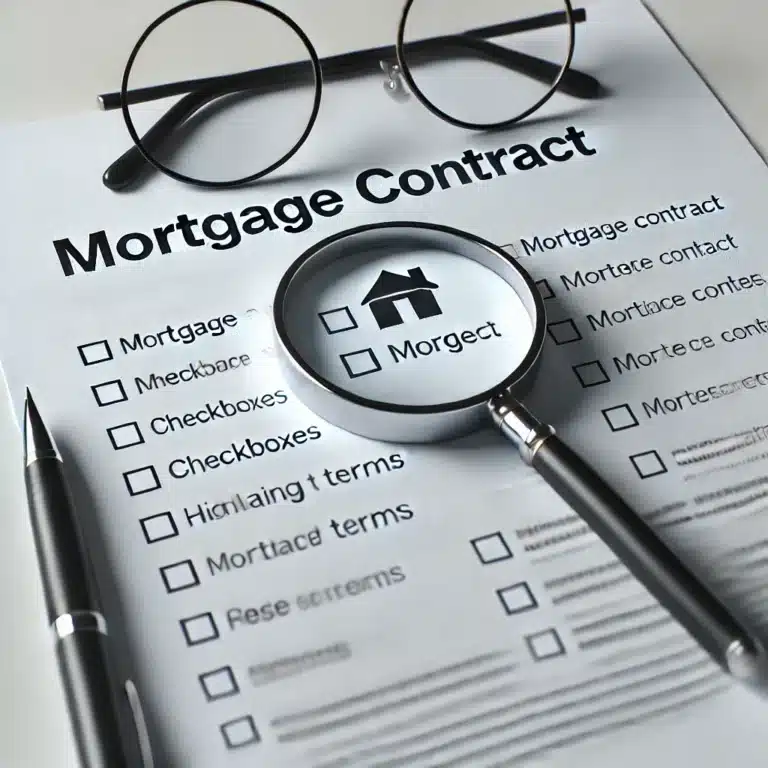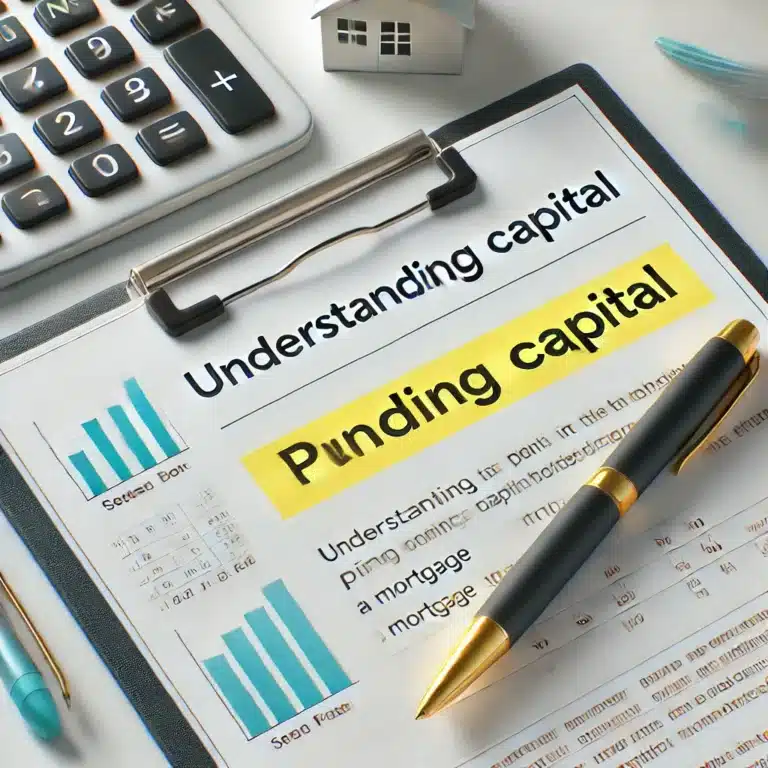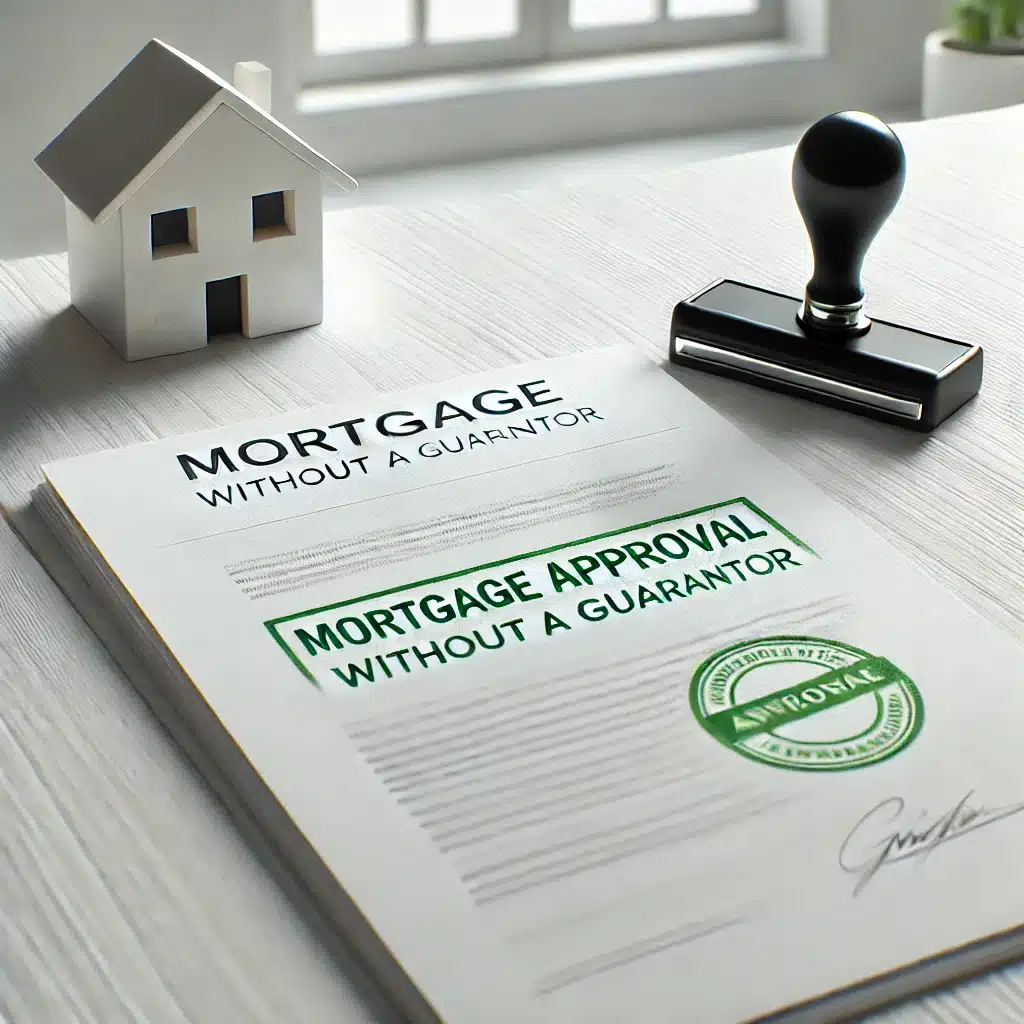
Yes, it is entirely possible to obtain a mortgage without a guarantor, and in fact, it is common practice if the applicant meets certain financial requirements. Although guarantors can offer an additional guarantee to banks, they are not always necessary if the applicant’s profile demonstrates economic soundness and payment capacity. Below, we explain how to get one and what alternatives you have if you prefer to avoid the guarantor.
1. What is a Guaranty and when do banks require it?
A guarantor is an additional guarantee that the bank may require to ensure payment of the mortgage in the event that the holder is unable to meet the installments. The guarantor assumes responsibility for the debt in the event of non-payment.
Banks usually ask for a guarantor in cases such as:
- Insufficient Income: When the applicant does not have stable or sufficient income.
- High debt ratio: If the applicant’s existing debts represent a high percentage of his or her income.
- Unfavorable credit history: Delinquencies or defaults on previous financial obligations.
- Financing over 80%: If the bank finances more than the usual percentage of the value of the property.
2. When is it possible to obtain a mortgage without collateral?
Banks may waive the requirement for collateral if the applicant meets the following criteria:
- Employment stability: Having a permanent contract or recurring income that guarantees payment capacity.
- Low debt ratio: Do not allocate more than 30-35% of monthly income to debt repayment.
- Pre-savings: Have between 20% and 30% of the value of the home to cover the down payment and associated expenses.
- Impeccable credit history: No outstanding debts or records of non-payment.
3. Alternatives to the Traditional Guaranty
If the bank requires a guarantor and you prefer to avoid it, there are options to strengthen your financial profile:
- Increase previous savings: Providing a larger down payment reduces the risk perceived by the bank.
- Dual-collateral mortgage: Some institutions allow you to include a second property as a back-up instead of a guarantor.
- Reduce the amount of the mortgage: Requesting a lower amount can avoid the need for additional collateral.
4. Advantages of Not Having a Guarantor
Obtaining a mortgage without a guarantor has several benefits, both for you and for potential guarantors:
- Financial independence: You do not need to involve third parties in your financial commitments.
- Less risk for family or friends: No one else will assume responsibility for the debt.
- Simpler process: You avoid additional documentation related to the guarantor.
5. Cases in which a Guarantor May be Necessary
Although it is possible to avoid an endorsement, in some situations it may be unavoidable:
- Unstable income: Self-employed or workers with variable income may need additional support.
- Young people with no credit history: Banks usually require a guarantor for this profile.
- Financing over 80%: If you request a high amount in relation to the value of the property.
6. Unsecured Profile Mortgages
Some banks offer specific products designed for those seeking an unsecured mortgage. These mortgages usually include:
- Longer terms: To reduce the monthly payment.
- Competitive interests: Reserved for clients with solid financial profiles.
- Personalized conditions: Adjusted to the applicant’s labor stability and savings.
7. Tips for Obtaining an Unsecured Mortgage
If you want to avoid a guarantor, these steps can help you improve your profile with the bank:
- Increase your savings capacity: Contributing a larger income strengthens your position.
- Clean up your credit history: Make sure you have no outstanding debts or arrears.
- Negotiate with several entities: Some entities have more flexible criteria than others.
- Reduce other debts: Pay off or consolidate your existing debts before applying for a mortgage.
- Demonstrate job stability: If you are self-employed, show several years of consistent income.
8. Common Mistakes When Shopping for an Unsecured Mortgage
Avoid these practices that can hinder your mortgage approval:
- Apply for financing that is too high: Try not to exceed 80% of the value of the property.
- Do not compare offers: Each bank has different policies; reviewing several options will help you find better conditions.
- Forget about additional expenses: In addition to the down payment, you will need to cover taxes, notary and other costs.
Conclusion: Independence is Possible
Obtaining an unsecured mortgage is entirely feasible if you present a solid and well-prepared financial profile. Saving for a significant down payment, maintaining a low debt ratio and demonstrating job stability are key steps to achieve this. In addition, comparing offers between banks will allow you to find the best conditions to make your housing dream come true.
